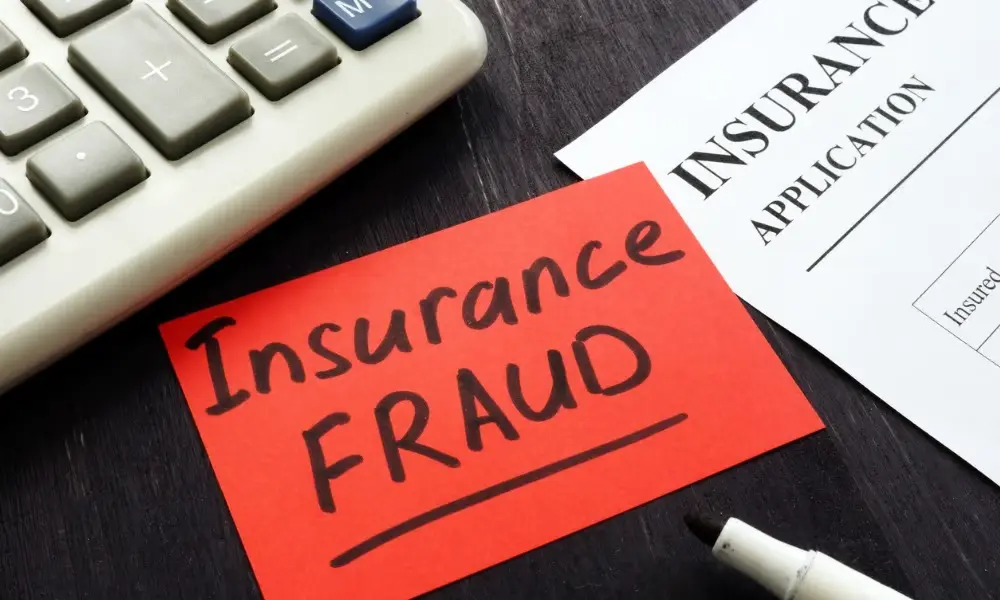Insurance Fraud: How to Protect Yourself

Insurance fraud is a serious issue that can lead to significant financial losses and legal consequences. Fraudulent activities can occur in various forms and affect different types of insurance, including health, auto, home, and life insurance. Understanding common types of insurance fraud and implementing protective measures can help you avoid becoming a victim. In this article, we explore the key aspects of insurance fraud and provide tips on how to safeguard yourself.
1. Common Types of Insurance Fraud
Insurance fraud can manifest in several ways. Some common types include:
- Staged Accidents: Fraudsters may stage car accidents to claim damages or injuries that did not occur. This can involve fake accidents, exaggerated injuries, or colluding with others to fabricate incidents.
- False Claims: Submitting false or inflated claims for damages, losses, or medical treatments that did not actually happen is a prevalent form of fraud.
- Identity Theft: Criminals may steal personal information to obtain insurance policies or benefits fraudulently. This can involve using someone else’s identity to file claims or open accounts.
- Premium Fraud: Providing false information to lower insurance premiums or avoid paying higher rates is another common fraud tactic. This can include misrepresenting details about a vehicle, property, or personal health.
- Phantom Policies: Scammers may sell fake insurance policies, collecting premiums from unsuspecting individuals while providing no actual coverage.
2. How to Protect Yourself from Insurance Fraud
Protecting yourself from insurance fraud involves vigilance and taking proactive steps to secure your personal information and insurance policies. Here are some essential tips:
- Verify Insurance Providers: Ensure that you are dealing with legitimate insurance companies and agents. Check their credentials, read reviews, and confirm their licensing with regulatory authorities.
- Protect Personal Information: Safeguard your personal and financial information to prevent identity theft. Avoid sharing sensitive details over unsecured channels and monitor your accounts regularly for suspicious activity.
- Be Cautious with Claims: When filing a claim, provide accurate and honest information. Avoid exaggerating or fabricating details about the incident or damages.
- Review Insurance Documents: Regularly review your insurance policies and statements to ensure they are accurate and up-to-date. Report any discrepancies or unauthorized changes to your insurer immediately.
- Report Suspicious Activity: If you suspect fraud or encounter suspicious activity, report it to your insurance company and relevant authorities. Prompt reporting can help prevent further fraudulent actions.
- Educate Yourself: Stay informed about common fraud schemes and how they operate. Understanding the tactics used by fraudsters can help you recognize and avoid potential scams.
3. What to Do if You Suspect Fraud
If you believe you have been a victim of insurance fraud or have encountered suspicious behavior, take the following steps:
- Contact Your Insurance Company: Report your concerns to your insurer immediately. Provide them with all relevant information and documentation related to the suspected fraud.
- File a Complaint: If necessary, file a formal complaint with regulatory bodies or consumer protection agencies. They can assist in investigating the issue and taking appropriate actions.
- Seek Legal Advice: Consult with a legal professional if you need assistance navigating legal aspects of the fraud or if you believe you may be involved in a dispute.
Conclusion
Insurance fraud can have serious repercussions for both individuals and insurance providers. By understanding common fraud schemes and taking proactive steps to protect yourself, you can reduce your risk of becoming a victim. Staying vigilant, securing your personal information, and reporting suspicious activities are key to safeguarding your insurance interests. Remember, prevention and prompt action are essential in combating insurance fraud and maintaining the integrity of your insurance coverage.